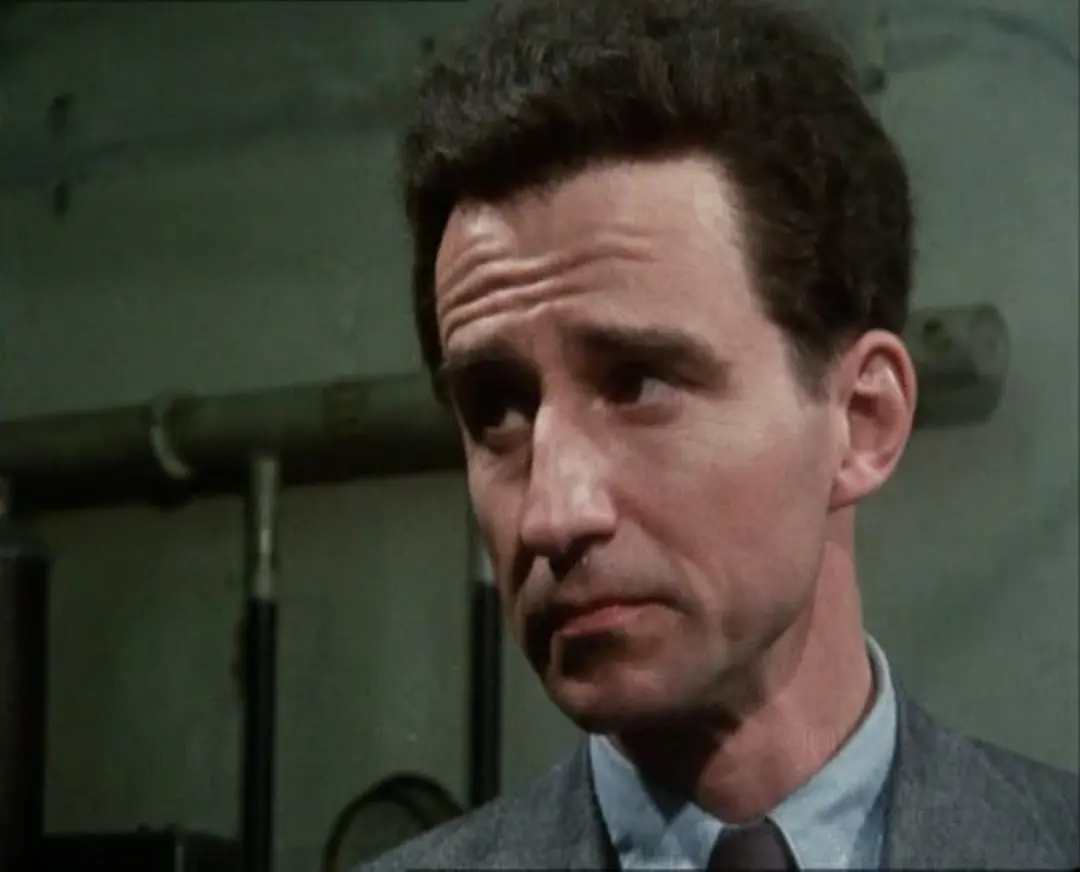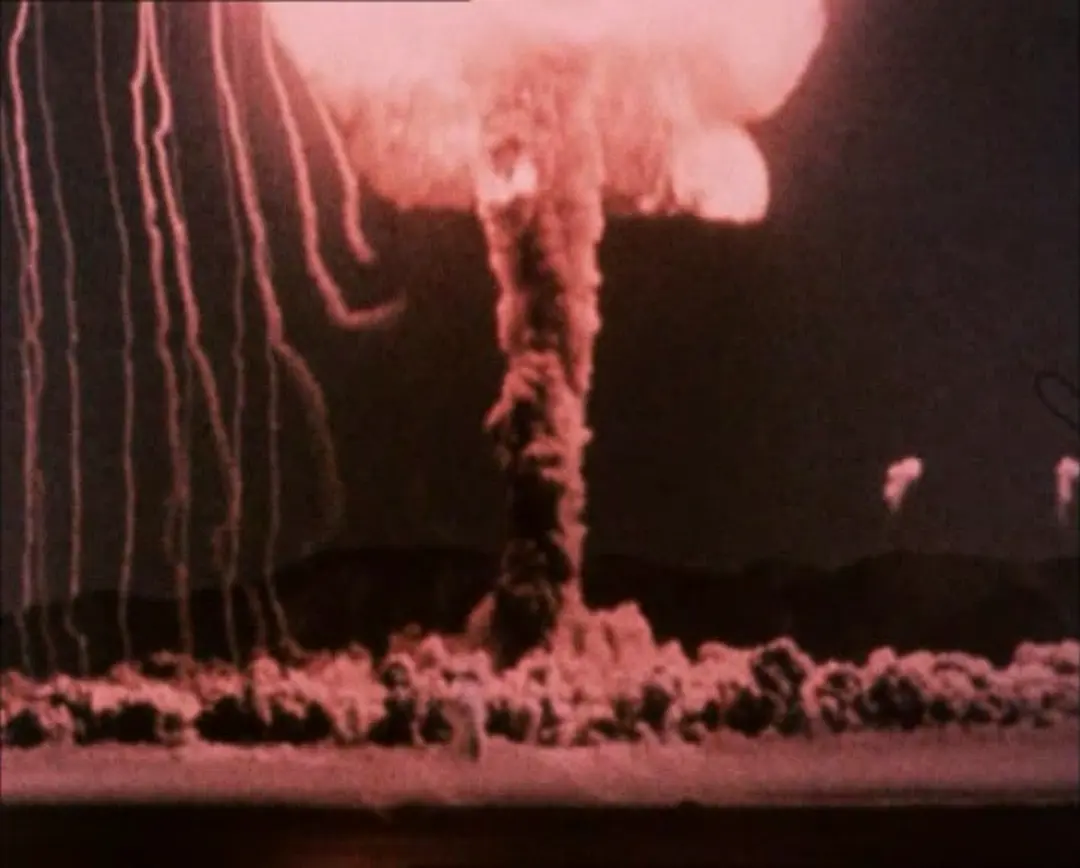Oppenheimer: The Man Who Changed the World
The Rise of a Brilliant Scientist
J. Robert Oppenheimer’s story begins in the vibrant academic atmosphere of Berkeley, where his intellect and curiosity quickly set him apart. The series captures this early period with careful attention to detail, showing how his passion for physics and his dedication to teaching shaped the foundation of his career. As he moved through the world of academia, Oppenheimer developed not only as a scientist but also as a thinker who could bridge the gap between theory and practice. His journey into the heart of theoretical physics was not just a personal achievement but a signal of the role he would soon play in reshaping history. Viewers are introduced to a young man whose brilliance hinted at both the triumphs and the tragedies that lay ahead.
 The Manhattan Project and Los Alamos
The Manhattan Project and Los Alamos
The drama reaches its most intense moments when Oppenheimer is appointed to lead the Manhattan Project at Los Alamos. Here, the series paints a vivid picture of the enormous responsibility placed on his shoulders as he worked with a team of the era’s brightest scientists to create the atomic bomb. The narrative does not shy away from the moral dilemmas he faced, showing the internal conflict between scientific discovery and the devastating consequences of its use. The portrayal of the bomb’s development and testing is both thrilling and unsettling, emphasizing the monumental shift in world history that resulted from this project. This part of the story underscores Oppenheimer’s central role in ushering in the atomic age, forever altering global politics and warfare.
 The Philosopher and Public Figure
The Philosopher and Public Figure
Following the war, Oppenheimer transitioned from being a celebrated scientist to a public intellectual and advisor. The series skillfully depicts his leadership at Princeton’s Institute for Advanced Studies, where he interacted with other great minds such as Albert Einstein. His role as a consultant to the Atomic Energy Commission placed him at the center of national discussions on atomic power, policy, and ethics. Yet, the series also highlights his growing philosophical concerns about the weapon he helped create. Oppenheimer emerges as a complex figure, wrestling with his legacy and the responsibility of knowledge. He is portrayed as a man who could inspire awe and admiration but also provoke suspicion in an era defined by Cold War tensions and political rivalries.
 The Security Hearing and Exile
The Security Hearing and Exile
Perhaps the most dramatic and emotional part of the series comes during Oppenheimer’s security hearing. Once celebrated as a hero of science, he found himself stripped of his clearance, accused of disloyalty, and pushed into exile from the corridors of power. The series conveys the intensity of these hearings, where personal rivalries, political fears, and ideological conflicts converged. This fall from grace is presented with nuance, showing Oppenheimer as both victim and participant in the events that sealed his fate. His exile did not diminish his influence, however; instead, it transformed him into a symbolic figure whose life story continues to spark debate about science, morality, and responsibility. The drama ensures that his voice resonates long after the credits roll, reminding us of the profound consequences of human ambition and intellect.









